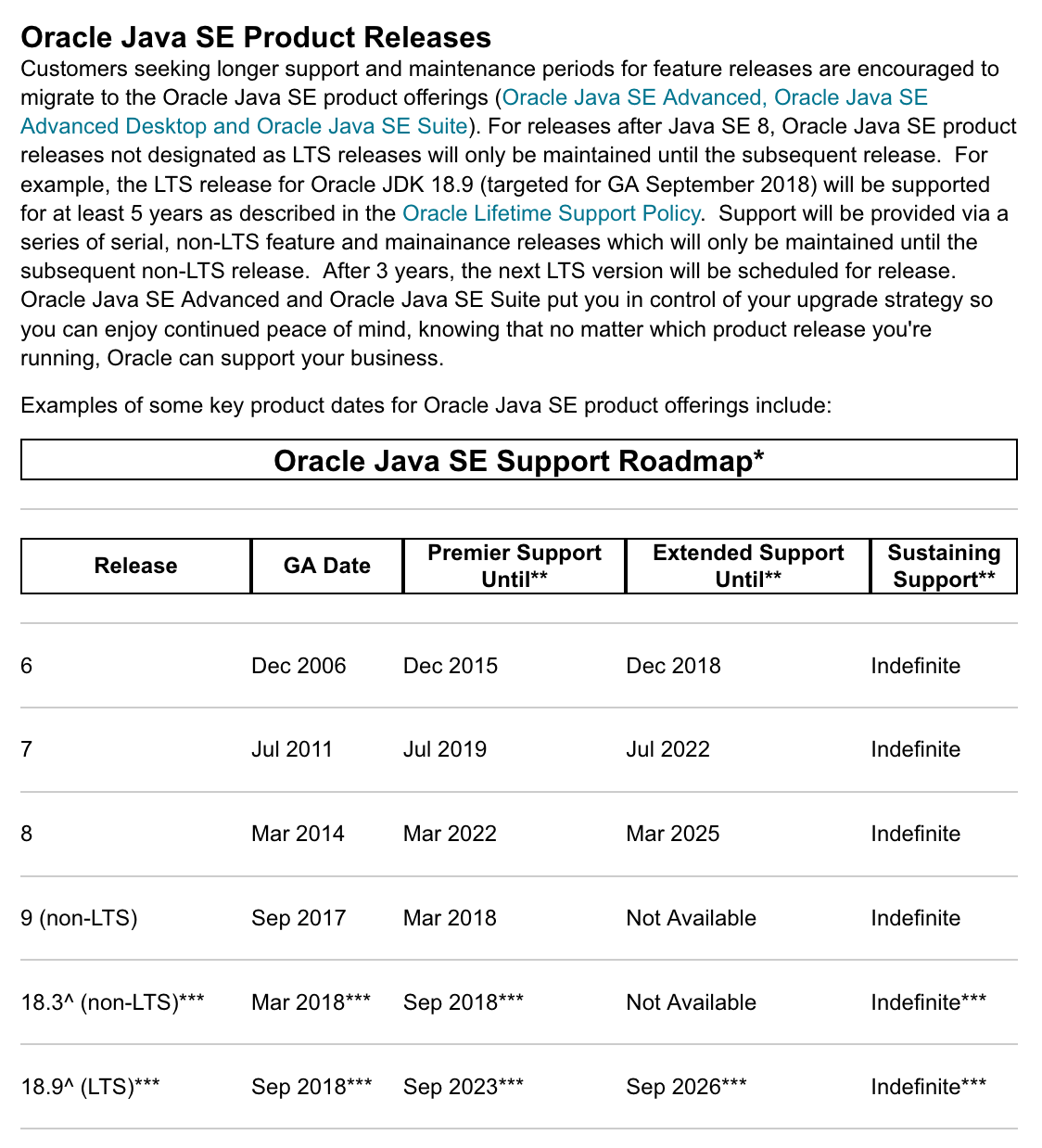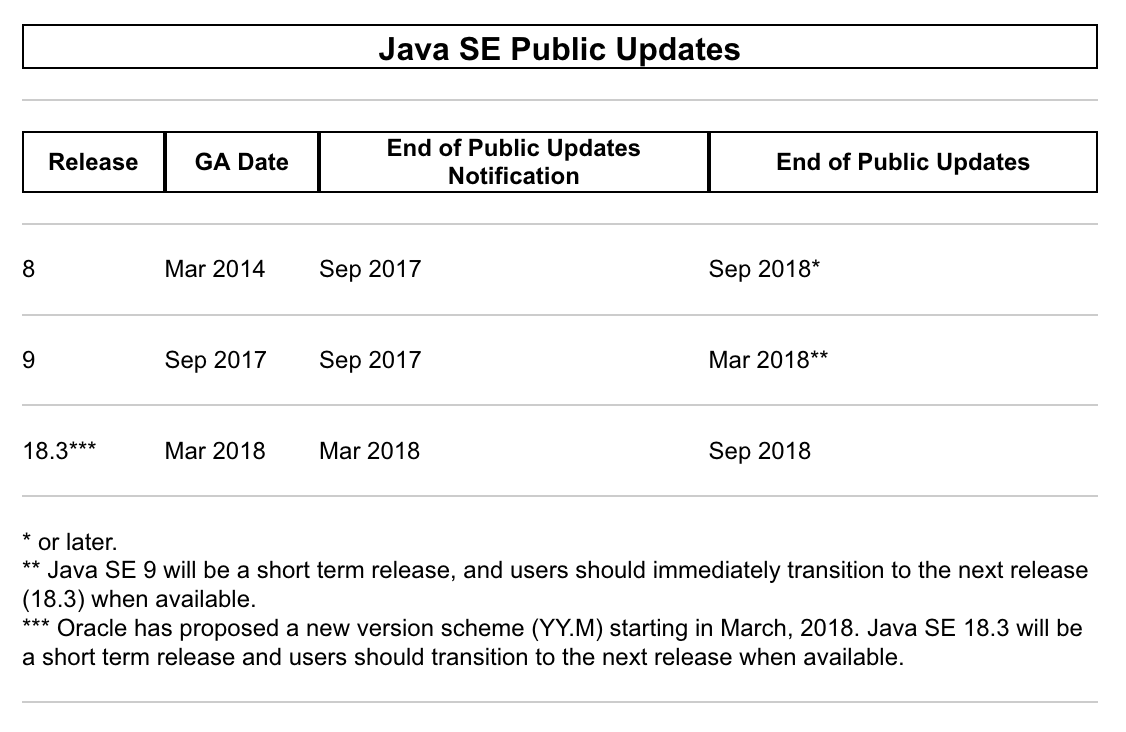[Info from #4217]
Java 9: Looks pretty good, I seem to have it mostly running after a few hours today, but we probably don't want to upgrade yet.
Details:
- Tested on Oracle JDK 9.0.1+11 on osx 10.13
- Need Netbeans 9 for Java 9 to compile easily. There is only a developer build of Netbeans 9 and no release date (but active development). May be able to work around this with digging into maven but I did not do this.
- Builds w/o tests after cleaning up a few new ambiguous references (from new classes brought into Java 9)
- Tests have 1 error, the root cause seems to be that MimetypesFileTypeMap() getContentType is not returning right for png. Looking like implementation weirdness from Java 9, for now I'm just leaving it broken.
- Starts with more sql noise than I remember, but its been a while since I deployed from command line (see java 9 sql error.txt).
- Most of the simple dataverse interactions work! Create/delete dataset/dataverse works. Create user works. Uploading data DOES NOT work (see java 9 file upload error.txt).
- TravisCI works fine switching to Java9.
- Glassfish 4.1 itself is unable to detect the JDK version for Java 9. Glassfish needs to be set to explicitly use Java 8.




At some point we should upgrade to Java 9 to gain the power of new java technology and remain secure.
Outcome of the #4217 spike.